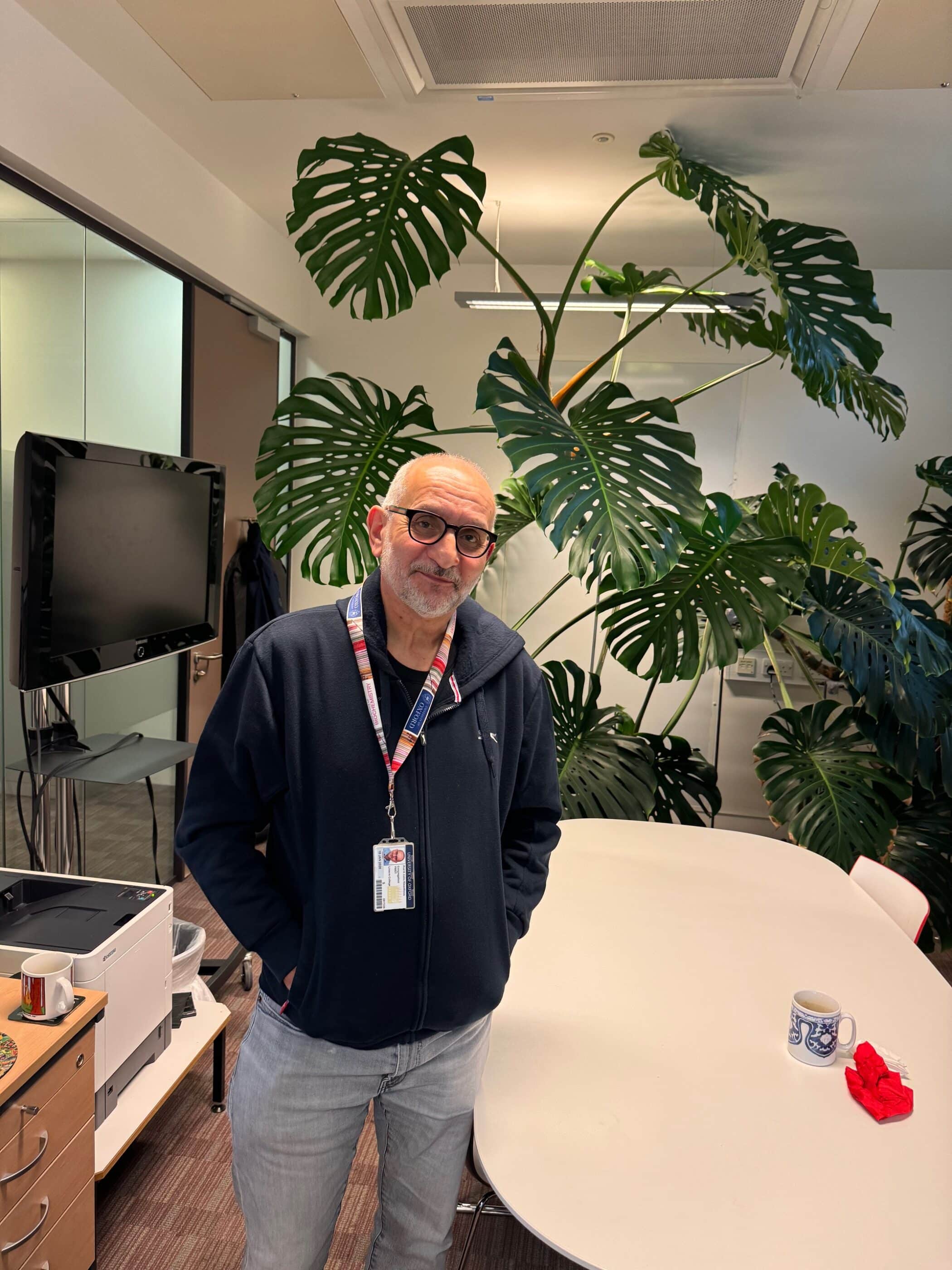One of the most daunting challenges for a health-care professional or parent is to tell a child that they have a life-threatening condition. Sadly, this scenario is not uncommon, with millions of children globally living with life-threatening conditions; an estimated 1·8 million children are infected with HIV and more than 300 000 children develop cancer each year. Significant illness in a parent can also have a profound impact on children; in the UK, nearly 2 million parents have cancer and in Sub-Saharan Africa nearly 1 in every 25 adults are living with HIV, which is a life-threatening condition due to the challenge of access to life-sustaining treatment. Parents are faced with the dual challenge of coping with the diagnosis while trying to maintain a parenting role within the family.
Parents would do almost anything to shield their child from distress, yet sometimes this can’t be avoided. Talking to children about their own diagnosis or that of their parent matter enormously. There is evidence from the earliest ages children are aware that something is seriously wrong and want honest information; when children are not told, they often ‘fill in the blanks’ by themselves to try and make sense of what they are seeing. The global evidence showing that talking sensitively with children about illness has substantial benefits for family relationships and wellbeing. However, medical appointments are frequently focused on the physical treatment and often overlook the emotional needs of children or provide support for parents on how to talk to their children about the diagnosis at a level appropriate for the child’s understanding. Understandably, parents are often uncertain about how, when, and what to tell their children about the condition, and are fearful of the effect on their family.
Professor Alan Stein and his team at the Department of Psychiatry were commissioned by the Lancet to review the global evidence about communicating with children about life-threatening conditions. As part of this process they convened an international group of experts to develop guidelines to assist health care professionals with different experience and training in both high, and low and middle income countries, to initiate these critical conversations and provide effective communication with parents and children. This will enable children to understand what is happening, improve their cooperation with medical procedures and feel they are not facing this worrying change within their family alone. Their work was published as a series in the Lancet in March last year.
The future: what is needed now
Alan and his team believe the best way to make seemingly impossible conversations possible is to develop a comprehensive, freely available, online platform of videos and guidance. These resources would be for healthcare workers and families to help facilitate crucial conversations about a diagnosis and thereby enable families to support each other through difficult times. The team are also passionate about extending this work to consider the particular needs of children who have a parent with a mental health condition such as depression.
Alan Stein is Professor of Child & Adolescent Psychiatry at the University of Oxford and Honorary Professor in the School of Public Health at the University of Witwatersrand. South Africa. He is also a Fellow at Linacre College. He previously held joint Senior Research Fellowships at the University of Oxford and the University of Cambridge and was Professor of Child & Adolescent Mental Health at the Royal Free and University College Medical School and Tavistock Centre.
His main area of research concerns the development of children and adolescents in the face of adversity. His group is interested in a range of adversities which might potentially affect children’s development including, parental physical illness (HIV and cancer), parental psychological disorders as well as poverty and malnutrition. A key aspect of this work is to elucidate the mechanisms underlying child and adolescent development and to identify risk and protective processes. Ultimately the priority is to develop interventions, especially in resource-limited settings. More recently this has involved the use of digital technology.
He has led three Lancet series on; Perinatal Mental Health, The Mental Health of Refugee and Internally Displaced Children; and The Communication of Life-Threatening Conditions to Children.
Full Lancet article can be read here https://www.thelancet.com/series/communicating-with-children


















